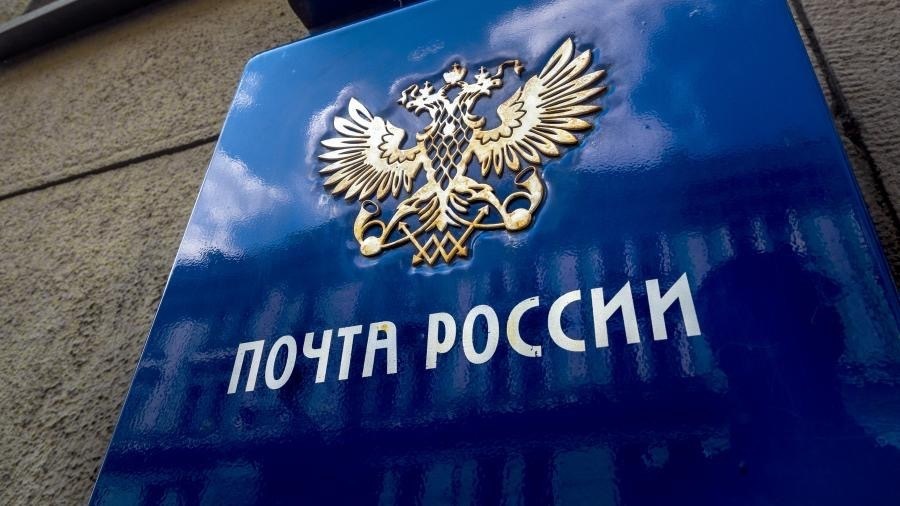Posted 10 августа 2023, 13:33
Published 10 августа 2023, 13:33
Modified 11 августа 2023, 08:15
Updated 11 августа 2023, 08:15

Remote de-registration: military enlistment offices introduce their own rules for relocants
Russian citizens living abroad are vying to report on the difficulties faced by relocants when they are removed from military registration. In April, a new law was adopted, according to which military registration can be removed remotely if a conscript or conscript lives in another country for more than 6 months. Previously, this procedure required personal presence, but now it can be legally done without visiting the military enlistment office. But this is only at first glance.
A power of attorney that no one trusts
According to the new law, to remove from the register a person who does not live in Russia is more than six months old, it is possible by a power of attorney issued by them to any person. A trusted person, whether relatives or just acquaintances, can collect a package of documents, come to the military enlistment office and remove the person liable for military service from the register. But this is a theory. Practice looks different.
Lawyer Daniil Druzhinin helped one client in early May, and a week later he came to the same military enlistment office with the same assignment, he writes in your Telegram. In the Kalinin military enlistment office, he was told that now it is remotely possible to withdraw from the register only through Public Services.
In the St. Petersburg military enlistment office on Vatutina Street, a resident of St. Petersburg was filming her friend by proxy. The package of documents included a power of attorney from a Georgian notary, a lease agreement, plane tickets and a certificate of attribution. No one wanted to do this in the military enlistment office, and the girl was sent from one office to another. In the corridor, a particularly zealous employee of the military enlistment office spoke to her:
The woman says, «Do you think you're the smartest? The first one came? Here girls like you come 5 a day. And what grounds does he have for leaving at all?!»
I say that his interests do not concern you and I still ask you to prove to me where it is written about the withdrawal exclusively with a military ticket. She was rude to me once again and sent me to some office.
In the military enlistment office of the Krasnoselsky district, lawyer Druzhinin was told that the removal from military registration is not a public service, therefore the military enlistment office does not provide it.
Lawyer Dmitry Korolev says that military enlistment offices violate the law:
«Military enlistment offices are obliged to remove by proxy, because the law provides for it. But the military enlistment offices illegally refuse, and then it turns out from the lawyer that you have to challenge the actions of the military enlistment office. And at this moment it turns out that you are not defending the client at this moment, but it turns out that lawyers are fighting with the military enlistment office. Six months later, it turns out that the military enlistment office is wrong, but this does not solve the problem, in fact. This is what we are facing now.»
The lawyers of the law firm where Dmitry Korolev works, before the adoption of the new law, removed clients from military registration exactly this way — by proxy, which the same military enlistment offices accepted. After the provision on power of attorney was included in the law, something strange began in the military enlistment offices:
— When the law on the power of attorney was adopted, there was a commotion. The military enlistment offices began to freak out and say that they did not have the Internet or called some other far-fetched reasons, we realized that the powers of attorney did not work. We have ceased to conclude contracts with clients for the removal from military registration by proxy. We made a recommendation that the military enlisted person notify the military enlistment office by Mail of the Russian Federation.


Public services do not work, but there is mail everywhere
If someone hopes to submit documents to the military enlistment office electronically, they can wait for a very long time. There are technical and legal problems there. The application for de-registration must be submitted in the original with a signature. There is no electronic signature on Public Services. In addition, military enlistment offices tell lawyers dealing with de-registration that they do NOT have the Internet, so they cannot get any information from the portal.
Dmitry Korolev advises his wards to send a package of documents by registered mail with an inventory of the documents being sent. A prerequisite is to get a track number. You can use it to track whether the letter has reached the addressee. The inventory is needed if you receive a refusal, and you will need to sue.
The main document in this package is the original application signed with a blue pen. For all other documents, you can attach COPIES, says the lawyer:
— You can notarize it, you can make apostilles — the military enlistment office will be skeptical about this. Our task is different: according to the law, we are obliged to notify. Not having legal knowledge, a person can mess up something, but he has already submitted the application. The law says that you must inform the military enlistment office that you have left for a period of more than 6 months abroad.
A copy of the military ID card, a copy of the passport with a note on departure, a copy of the residence permit or an application for a residence permit with a translation is attached to the application. If there is a lease agreement, you can provide a simple copy. In Kyrgyzstan, there are notification coupons for applying for a residence permit, in Uzbekistan — certificates — everything will do.
Now the ball is on the half of the military enlistment office, says Dmitry Korolev:
— All copies should be sent together with the application to the address of the military enlistment office and wait for the following letter from the military enlistment office: «Dear, we cannot remove you from the military register due to the fact that you have not provided a military ID.» To this, the person liable for military service writes that the original military ID will be provided not personally, but by proxy. In this case, the authorized person does not remove the person liable for military service from the military register, but delivers the necessary document requested by the military enlistment office.
For today, this is the only effective method of removing military registration, says Dmitry. This package of documents goes into a personal file, and if the military enlistment office refuses to remove it, in court it will be the only proof that the citizen has fulfilled his part of the obligations.
Only then the military enlistment office will ask for notarized documents or certificates and contracts, but then lawyers will be involved.
Have you been removed from the register and are you free?
Lawyers warn that the removal from military registration does not mean that citizens cannot be mobilized. Now a unified register of military service is being prepared, where all citizens who have ever been issued a military ID will be entered. Regardless of whether a citizen has been removed from the register or not, the state remembers and knows about him. And they plan to introduce criminal liability for evading mobilization. Therefore, Dmitry Korolev warns:
— Now many people are trying to escape to other countries, and they think that this will save them. It won't save you. Let's say they introduce a registry now. It will be written there that this person has been removed from the register at the military enlistment office. But he remains a citizen of Russia, and he is obliged to be mobilized if he is called to come and perform military service. And then it may happen that criminal cases will be initiated and other countries will stage them in these cases.
If the new law is adopted, then only the renunciation of Russian citizenship will save those who are liable for military service from the army. This is a harsh reality.

